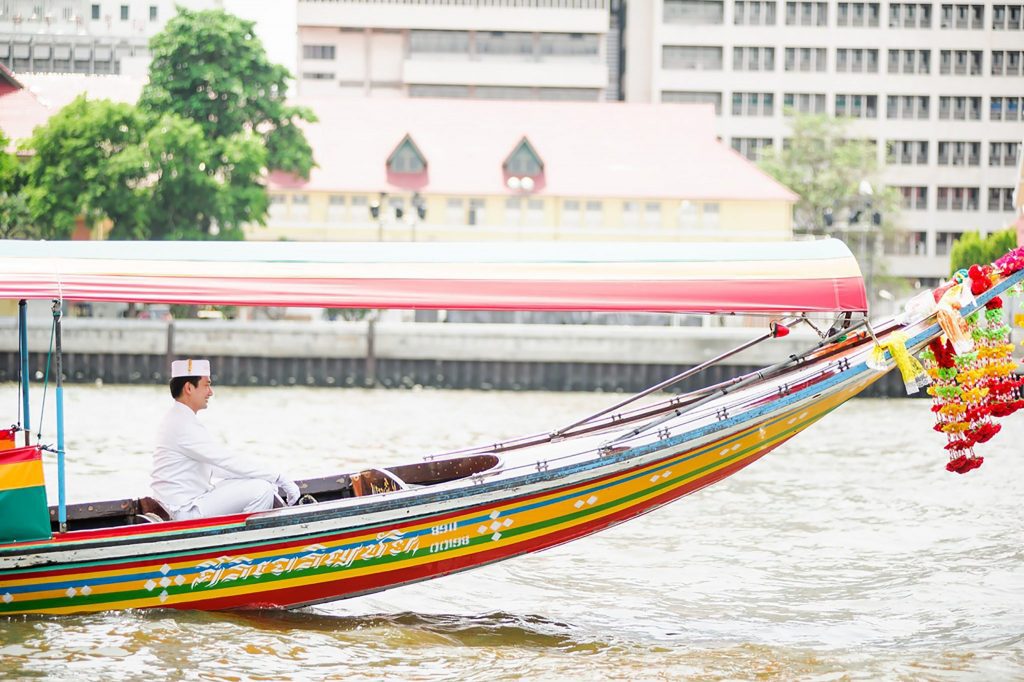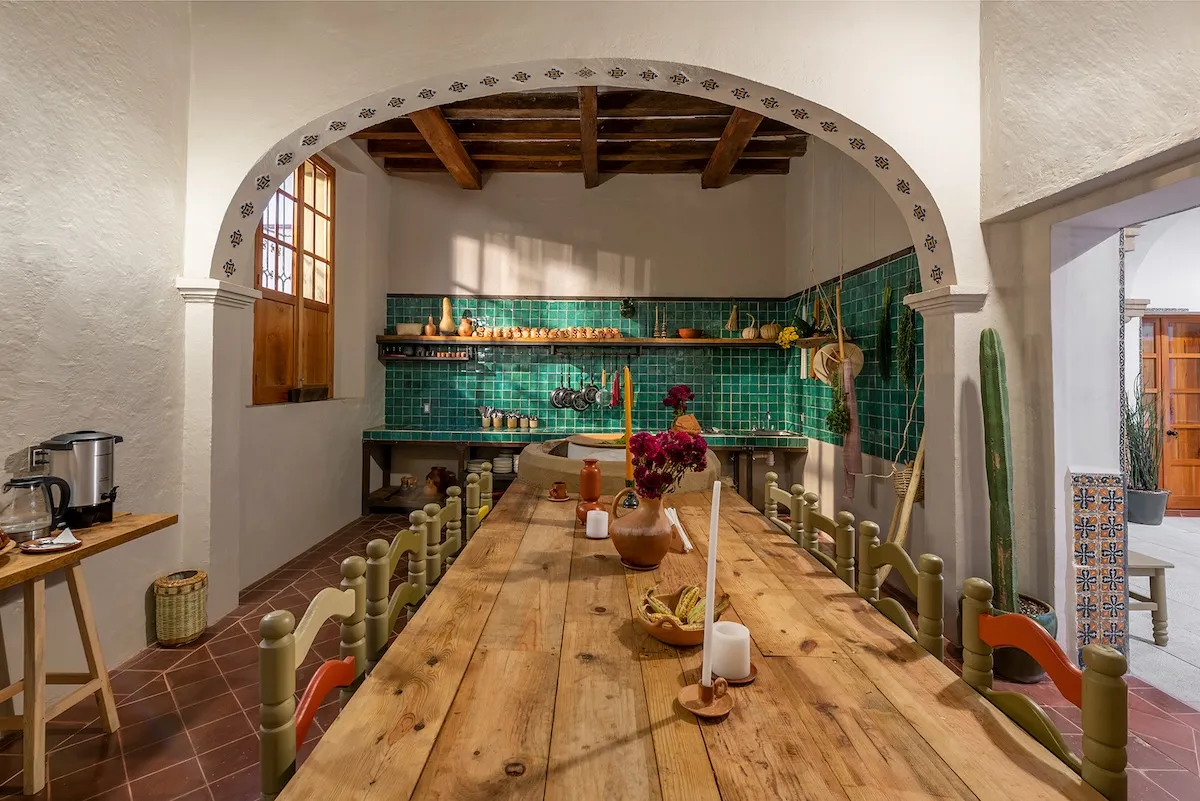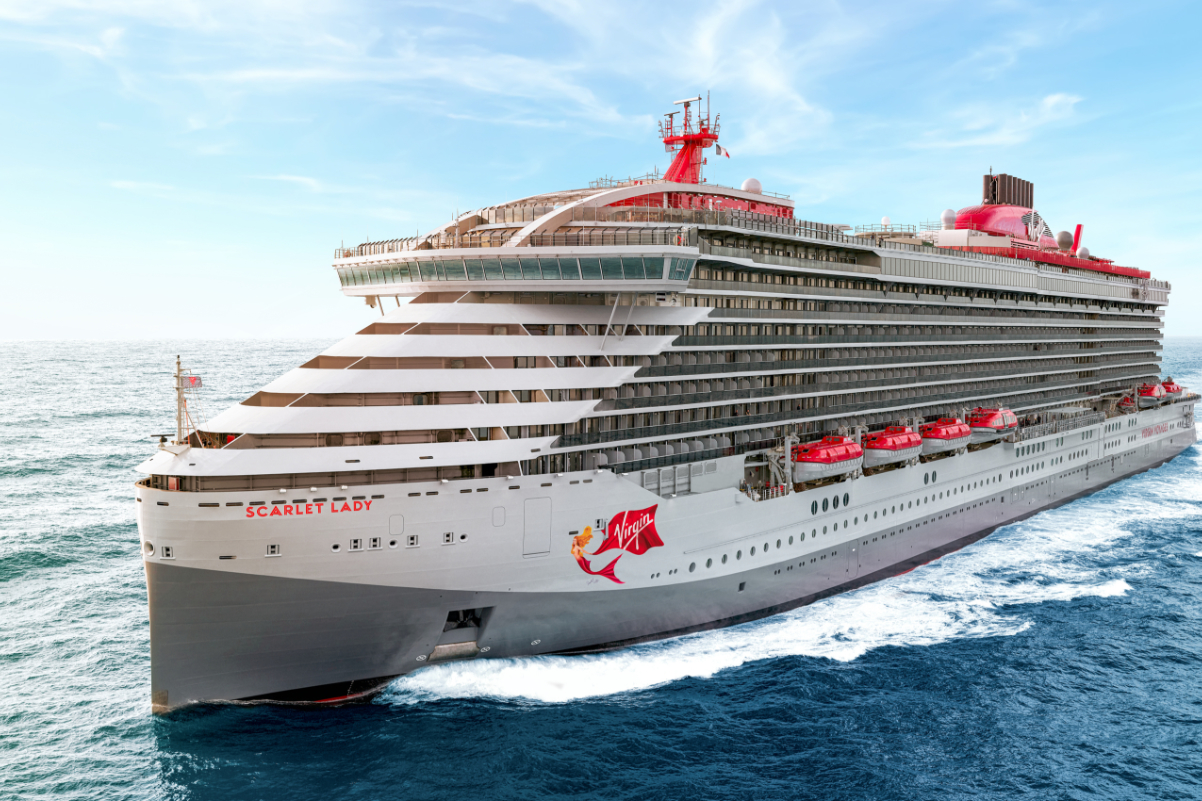Peninsula Parent's Thailand Dispute Shows Perils of Owner-Chain Relations

Skift Take
The Hongkong and Shanghai Hotels, which operates luxury brand The Peninsula Hotels, says it will “vigorously defend its rights” to manage The Peninsula Bangkok, following a legal win by the hotel’s Thai shareholder that paves the way for the management agreement to be terminated.
The 370-room riverside hotel is 50 percent-owned by the Phataraprasit family and 50 percent by The Hongkong and Shanghai Hotels’ subsidiary in Bangkok.
The Thai shareholder went to court after it failed to end the agreement in the boardroom on January 26, as it was blocked by the Hongkong and Shanghai Hotels subsidiary, which has a voting majority in the board. But on September 10, the local Thonburi Civil Court ruled that the subsidiary should not have been allowed to vote on a resolution regarding the termination of the agreement.
In a statement issued on October 11, The Hongkong and Shanghai Hotels said it strongly objected to this verdict and had duly appealed to the Court of Appeal on October 9.
“Any termination of Peninsula’s management would be tantamount to a breach of the shareholders agreement between Hongkong and Shanghai Hotels and the Phataraprasit shareholders, as well as the Peninsula’s management agreement. Hongkong and Shanghai Hotels will vigorously defend its rights. Pending the outcome of the appeal and other legal processes which are ongoing, The Peninsula Bangkok continues to be operated by The Peninsula under the hotel management agreement which continues to be legally binding,” said the statement.
“Not Profitable”
The Phataraprasit family, which also has interests in The Mall Group that operates high-class malls such as Siam Paragon and Emporium, alleged that The Hongkong and Shanghai Hotels had not run the hotel profitably in the last 20 years.
In an article in Bangkok-based Travel Impact Newswire, Pradit Phataraprasit, head of the family’s investments, said, “In the last 20 years, there has not been a single year in which the Peninsula hotel group’s management company has run the hotel profitably for its shareholders.”
Phataraprasit, a Deputy Finance Minister in the Thai government in 2008, added, “The Peninsula sits on one of the most expensive riverside land plots in this city but, very curiously, it cannot yield a dividend for its shareholders. We have been very patient with the management company belonging to our partners from Hong Kong. However, the time has come for another management company to run this hotel.”
He said the dispute had been ongoing for several years.
Commenting on the case, Hongkong and Shanghai Hotels Chief Operating Officer Peter Borer, said: “Having been involved with The Peninsula Bangkok since its inception in 1998, I can confirm that we have always acted with integrity, in the best interests of the joint venture as a whole, supporting both shareholders and in compliance with the shareholders agreement and the hotel management agreement. Over the past decade, the hotel’s financial performance has been affected by political uncertainties and a challenging luxury hotel market in Bangkok, but as a group with a long-term investment philosophy, we have always remained committed to Thailand.
“Despite this difficult market, The Peninsula Bangkok performance has consistently performed well in its competitive set and this hotel has received many awards and accolades over the years…The daily operations of the hotel are not currently affected pending the final outcome of the legal actions,” said Borer.
The company’s half-year results shows the hotel had a drop of 5 percent in revenue to $18.6 million (562 million baht) compared with January to June 2018. Average room rate rose 8 percent, however occupancy dipped 6 percent, resulting in zero growth in revenue per available room.
“The Peninsula Bangkok reported a relatively soft start to the year, impacted by a slower economy and uncertainty over the country’s first elections since 2014. Our hotel was also negatively affected by extensive roadworks adjacent to our property which impacted our food and beverage and catering business,” the group explained.
“Despite these challenges, the hotel reported positive growth in average rates in the first half of 2019, with good growth in arrivals mainly from Hong Kong and Southeast Asia due to the visa-free agreements with these territories. Chinese mainland tourist arrivals declined year-on-year following a tragic boating accident in Phuket in 2018 which led to reduced group tourism to the country overall.”
This isn’t the first legal case between Thai owners and hotel chains over non-performance.
Minor International is suing Marriott International for a “highly disappointing” performance of the JW Marriott Phuket Resort & Spa, which Minor fully owns and Marriott manages. The lawsuit was filed on July 12 and a Thai court said on September 4 that the case could proceed.
Marriott is also vigorously defending its rights.




